by Jason J. Pitman
As the world continues to confront the urgent challenges of biodiversity loss and environmental degradation, the importance of education as a key driver for change has never been clearer. At 2024 United Nations Biodiversity Conference (CBD COP16), held in Cali, Colombia in October, the global community came together to reaffirm the vital role of education in advancing the conservation goals outlined in the Kunming-Montreal Global Biodiversity Framework. With an eye toward 2026, this momentum will carry forward into the 13th World Environmental Education Congress (WEEC), hosted in Perth, Western Australia, where key themes around transformative educational approaches will be explored.
On Wednesday, 23rd October, the spotlight at COP16 was firmly on education, with a dedicated Education Day at the Kunming-Montreal Global Biodiversity Framework Pavilion. This event responded directly to the May 2024 request from the Convention on Biological Diversity’s Subsidiary Body on Implementation, who called for a Global Plan of Action for Education on Biodiversity. The day brought together over a hundred education experts, leaders, and importantly young people, from across the globe to discuss the essential frameworks, activities, and partnerships required to advance biodiversity education at local and global levels.
The Education Day underscored a clear message. Education is not a luxury, but a fundamental tool for achieving global biodiversity targets. The discussions highlighted how embedding education into national biodiversity strategies, curricula, and policies will be crucial to ensuring the long-term success of biodiversity conservation efforts. From formal to non-formal education, the call was made for all systems to integrate biodiversity education across every level of society, from classrooms to community spaces.
One of the most powerful moments of the day was the release of the Global Child Biodiversity Declaration, crafted by youth delegates from over 25 countries. The Declaration, produced as part of the EducationNatureNexus (#ENN) program run by the Centre for Global Education. In preparation for the Declaration, over 600 children aged 6-18 from around the world participated in a Global Student Environment Survey, sharing their personal experiences with nature, environmental education, and government policies. This Declaration represents a powerful call to action for the world to listen, and act upon, youth voices in the fight for biodiversity preservation. In their declaration, youth demanded government policies ensure every child’s right to high-quality biodiversity education, integration of Indigenous knowledge, and transformative curricula to encourage hands-on, nature-based learning.
The declaration also highlighted the rising tide of eco-anxiety among young people, with nearly 80% of students globally report feeling a deep concern for the planet’s future. But this also demonstrates their readiness to engage in transformative solutions as witness by the young people who spoke clearly and confidently in announcing the Declaration to an international audience. The energy and passion of these young changemakers will form the foundation for future efforts, including the call to action for education to become central in achieving the ambitious biodiversity targets set by COP16.
A major takeaway from the Education Day discussions was the power of partnerships. Educators, governments, organisations, and youth must work together, pooling resources and knowledge to drive the educational reforms needed for biodiversity conservation.
This spirit of collaboration will carry over into the 13th World Environmental Education Congress in 2026, where participants will continue to explore how partnerships can foster interdisciplinary and transdisciplinary approaches in education, enabling global cooperation for a more sustainable and biodiverse future. The next WEEC will be a platform for showcasing successful examples of cross-sector partnerships in education, and for inviting global partners to unite behind shared goals of educational transformation.
As momentum builds, the 13th WEEC 2026 in Perth will focus on two critical international calls to action address the needs identified at COP16. The first call, Empowering Learners as Change Agents will seek to inspire educational reforms to build agency in learners, enabling them to develop critical thinking, problem-solving, and leadership skills to actively participate in societal change and tackle environmental challenges. As witness in the Declaration prepared and voiced by international youth. The second call, Interdisciplinary Approaches for a Sustainable Future, will continue to amplify the need for education systems to integrate interdisciplinary and transdisciplinary approaches, breaking down silos between subjects, and fostering a holistic understanding of the interconnectedness of biodiversity, climate, and sustainable development. Through these actions, communities will be better equipped to respond to the multifaceted challenges of the biodiversity crisis.
As COP16 draws to a close, we have two years in preparation for the 13th WEEC 2026. With this, there is a growing call for global partners to get involved and continue in these critical conversation. Governments, NGOs, educational institutions, and the private sector all have a role to play in advancing education for biodiversity. However, perhaps the most important partners are young people. They are the future stewards of the planet, and their voices must be heard in every conversation about environmental education and action.
The Youth Environmental Education Congress 2026 will take place in conjunction with WEEC, and its sole-purpose is to amplify the diverse youth voices in environmental education. Further reigniting the need and call for young people to globally unite with educators, policymakers, and thought leaders to explore intergenerational wisdom and create space for youth-led solutions including:
- Bridging the gap between youth and elders for educational transformation.
- Challenging conventional educational structures and embracing ecological perspectives.
- Ensuring inclusivity and amplifying marginalised or under-represented voices in educational spaces.
- Pioneering change into the broader sustainability agenda.
As the global community continues critical conversations outside of the confines of conference walls, the action from COP16 is clear: we must prioritise education for biodiversity conservation, empower youth to take a leading role, and foster collaborative partnerships to achieve shared environmental goals. The declaration from youth at COP16 provides a powerful roadmap for the future of education and biodiversity, and the work will continue at 13th WEEC 2026, where we will collectively chart the path toward a more sustainable and biodiverse world. Therefore, we invite global partners, educational institutions, youth organisations, and environmental leaders to join us in this transformative journey. Together, we can create an educational ecosystem, one empowering learners, fosters collective action, and delivers tangible solutions for the planet’s future.

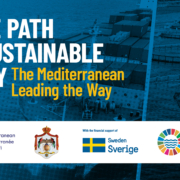
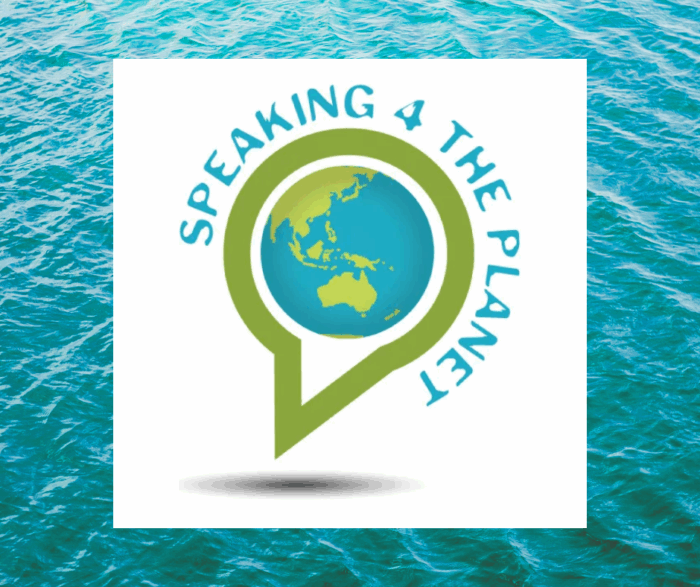
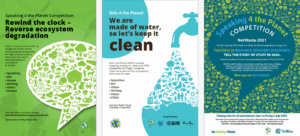
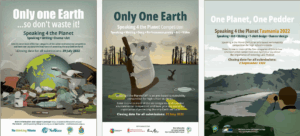
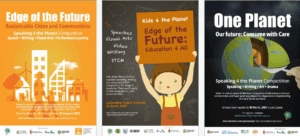
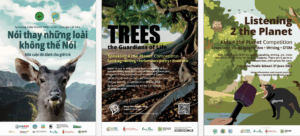
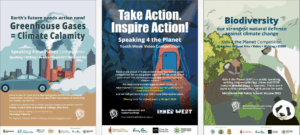
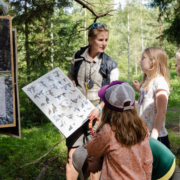
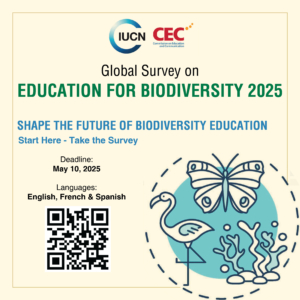
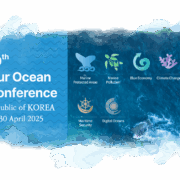
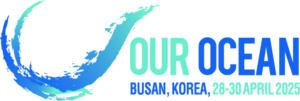
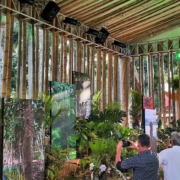
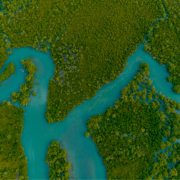
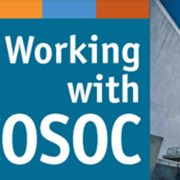


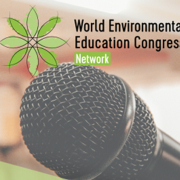
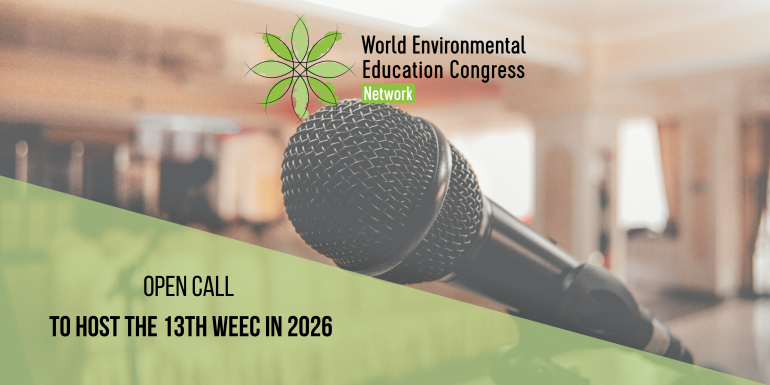


 For the World Health Day,
For the World Health Day, 